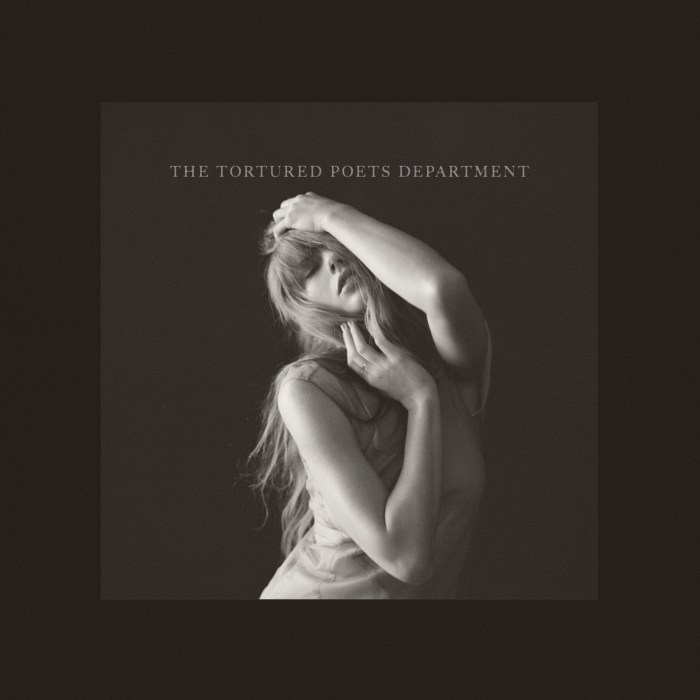By Joe Anuta
Results from the 2010 U.S. census showed that enough Asian Indians in Queens lacked English proficiency to trigger a federal law requiring an additional written language to be added to voting materials, but which language to pick has been the source of some contention heading into election season.
An Indian Asian person could be from India, Bangladesh, Pakistan, Sri Lanka or the Maldives — countries that in some cases speak completely different languages but are considered one ethnic category by the census.
After the 1990 census, the Voter’s Rights Act required that Chinese be added to Queens ballots, and in 2000 the law was responsible for the addition of Korean.
In October 2011, the city Board of Elections picked Bengali as the single written language to be provided on voting ballots for the South Asian population as required by the federal Voter’s Rights Act.
The decision rankled some in the community, who thought that Punjabi and Hindi should have been included.
“The Board of Elections should have realized that this area is highly diverse,” said S. Tito Sinha, of the South Asian Bar Association, who added that the service is needed for new immigrants who do not have a solid grasp of the English language or may not understand technical voting instructions.
The concerns of the community made their way to the desks of state Assemblyman David Weprin (D-Little Neck) and state Sen. Toby Stavisky (D-Whitestone), who currently have a bill in the Legislature that would force the board to include the two additional languages on written materials.
“We must do all that we can to facilitate the involvement of new immigrants in government, and that is why Assemblyman Weprin and I have introduced this bill,” Stavisky said at a Friday news conference.
The portion of the Voter’s Rights Act that covers written language is widely interpreted to mean only one language must be provided, according to Jerry Vattamala, of the Asian American Legal Defense and Education Fund.
The city board has already committed to providing oral translation services in Punjabi and Hindi at polling places throughout the borough, and outlined their plan in a document distributed to the community in April.
It calls for hiring interpreters and posting written signs in Punjabi and Hindi indicating that translators are available, but the board has resisted the call to add the written languages.
The board has not taken a position on the matter, according to a spokeswoman.
But members of the Asian Indian community, which is largely in Bellerose, Jackson Heights, Flushing, Richmond Hill and South Ozone Park, hope the state bill will override the board’s wishes.
Similar legislation passed in Albany that required written voting materials to be provided in Russian at certain polling stations in Brooklyn.
But even if the bill proposed by Stavisky and Weprin goes through, Vattamala and his organization will be keeping a close eye on the board to make sure it is properly enforced.
In 2006, the organization filed a federal lawsuit against the board for a laundry list of faux pas involving language services.
In one instance, the board provided Chinese interpreters in Korean neighborhoods while in another instance the political parties of all of the candidates were reversed on the ballots, and observers also found the widespread use of racial epithets by poll workers.
Reach reporter Joe Anuta by e-mail at januta@cnglocal.com or by phone at 718-260-4566.


































